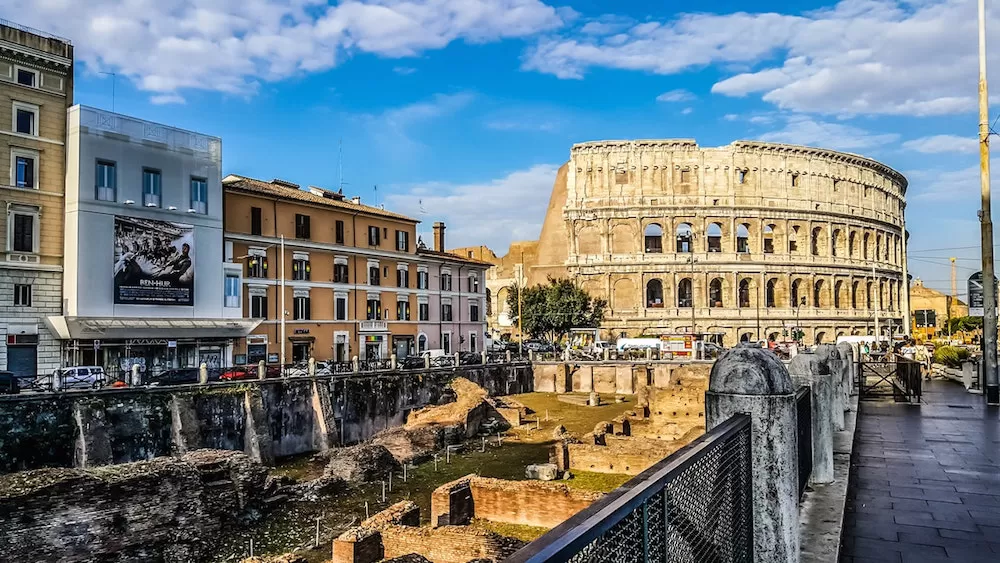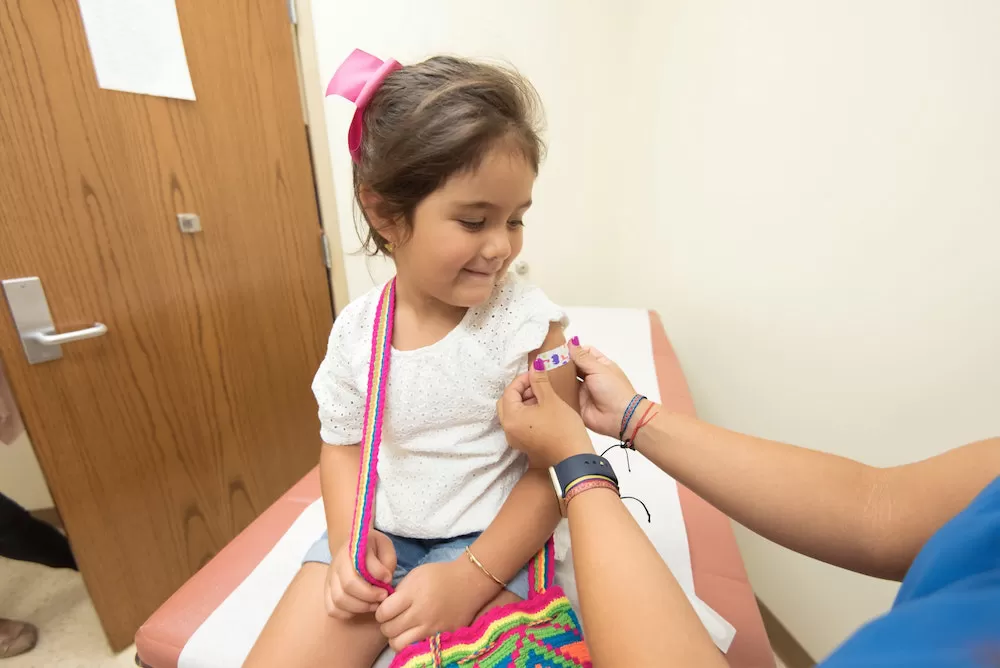
Italy's healthcare system, known as Servizio Sanitario Nazionale (SSN), is given access to both citizens and residents of the country. By this definition alone, even non-citizens legally living in Italy are allowed to avail of the services of the national system. So if you're going to stay in the country for a long period of time, you're allowed access to it. You don't need to become a citizen to legally be eligible for it. Similarly to other countries in Europe, just becoming a resident is enough. In a way, this helps broaden up the system and keeps it intact.
It's important to note, however, that while public healthcare is free and accessible to all citizens and residents of Italy, the way it's handled isn't as wholly-encompassing. The country is still made up of a number of local governments and it's up to them on how to implement the national healthcare system. Access to facilities, in particular, vary from region to region. Though services such as tests, medications, check-ups, surgeries, and more are all covered by the national system and are mostly free-of-charge from wherever you are in Italy. That is, if you're a citizen or a legal resident of the country.

More often than not, if you're a foreign national residing in Italy, you're qualified to access your region's local government healthcare network. All you have to do is to go to your local health authority, also referred to as the Aziende Sanitaria Locale (ASL), and register with a doctor. Once you've done so, you will be given a health card and number to use for whenever you need to visit your healthcare provider. Those documents prove that you're registered within your local healthcare system and every visit and check-up you take will be free-of-charge.
Of course, for EU nationals, things are a little bit differently and relatively easier. Despite not being an official Italian citizen, your legal residence int he country—as well as EU country of origin—allows you to become eligible for the certificate of entitlement to treatment. The form E111 qualifies you for free access to most of the national healthcare system's services. And the best part? You won't have to pay a single penny for them. just make sure to fill out your E111 form whilst you're still in your home country. This will make things go a lot smoother and easier for you.

While public health insurance gives you access to all sorts of services, many times, they may not be enough. This is why, on top of their free public healthcare access, several locals—expats included—opt to go for private insurance as well. This gives themes special privileges, not the least of which include access to private hospitals, priority in various public and private health services, and the like. Such packages can cost a lot, but the country's Ministry of Health has imposed a minimum charge for services available. If you can afford to, and if you're eligible, it may do you good to get private insurance yourself.
If you moved to Italy for work, especially when it's long-term that it makes you eligible for residency, you're automatically given access to the national healthcare system. This is because, due to the system itself, employers are required to give their employees health insurance, be it public or private. More often than not, this is how many people get their own insurance packages in the first place. And even a certain company is asking you to stay here while you work for them, you'll be part of this requirement as well.

Pharmacies are a dime a dozen in Italy. And most of them are covered by the public healthcare system. Once you have your insurance and your own healthcare provider in place, you can actually make use of the subsidized rates according to the national system. Many times, a lot of the prescribed medicine may end be available for free. Either way, having public insurance in this country helps you save money when you need to purchase prescribed medicine. Those over-the-counter, on the other hand, are not covered by the system and therefore you must still pay them at full price.
For foreign visitors staying in Italy for a short period of time, you will need travel insurance in order to gain access to the national healthcare system. Before leaving your home country, ensure that you have availed of your own travel insurance to safeguard both your health and money during your visit. It's only when you get into emergencies that you can avail of some of the system's services for free. You'll only need to dial 118 or 112 to call for an emergency. The 112 number is more frequently used by foreigners as the line connects them to English-speaking operators.

As compared to other countries in Europe, Italy may be on the stricter side when it comes to giving access to their national healthcare system. However, once you do become eligible for it, there's practically no end to the services and privileges you can enjoy!
More than just access to healthcare, you're going to need a great place to stay while you're in the country. Italy's finest luxury apartments are all ready for those who need them as accommodations during their stay here.